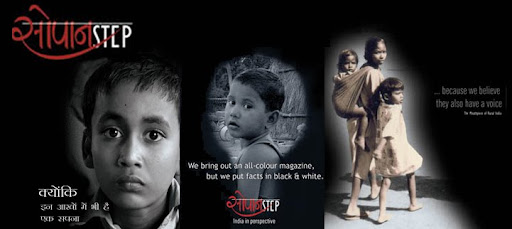K.A.Badarinath
Second consecutive drought owing to monsoon failure has brought
gloom to our farmers and rural distress is on spread across the country.
While our worthy Parliamentarians slug
it out on “unworthy” issues during the month-long winter session, the life in
rural India
The narrative on farm front continues to
chronicle pain and suffering of our farmers while Delhites are worried about
rather mundane issue of an odd and even numbers plan for movement of their cars
beginning 2016.
Cotton and basmati growers in Punjab to sugarcane farmers in Western Uttar Pradesh, the
story is that of utter gloom and pain with no state compensation or insurance
companies coming to their aid. White fly attack and low prices has worsened
farmers’ lives in Punjab . Non-payment of
sugarcane arrears has pushed farmers in Western Uttar Pradesh to despair.
Same is the story of farmers in Odisha,
Madhya Pradesh, Bihar and Maharastra where
they continue to be trampled by the vicious money lenders given monsoon
failures.
Low commodity prices, virus attack and
failure of monsoon has ensured regular reports of farmers suicides while the
states and centre have become mute spectators to their desperate acts of ending
lives.
When Indian Express detailed the
suicides of five farmers in
30 days across
the drought prone Nabarangpur in Odisha, the district’s officials and Naveen
Pattanaik government in Bhubaneshwar claimed there were other reasons for these
deaths. Officials even disputed the fact that they were farmers.
Fourteen farmers’ deaths in Madhya
Pradesh had chief minister Shivraj Singh Chauhan sit up as many of them are
from his home district of Vidisha as the soya crop failed due to monsoon
failure and yellow virus hit the white lentils or urad crop.
Madhya Pradesh has declared 41 out of 50
districts drought hit and requested Rs 10,000 crore to tackle one of worst farm
crises in the state.
This phenomenon of drought is not just
limited to Madhya Pradesh. In fact, half of 600 districts across 18 states are
in the grip of continued drought. If agriculture experts were to be believed,
only four times in last 100 years that the country experienced back to back
droughts. And, the year coming to an end is one of the worst.
All pervasive opinion is that the rural
economy has come to a grinding halt, centre and states will have to think out
of the box to tackle this crisis.
But does the moot question is does the
political leadership at centre and states have this as the priority? Would they
go beyond Delhi
Agrarian economy needs immediate
attention, issue specific to each state needs different solution to tide over
the crisis.
